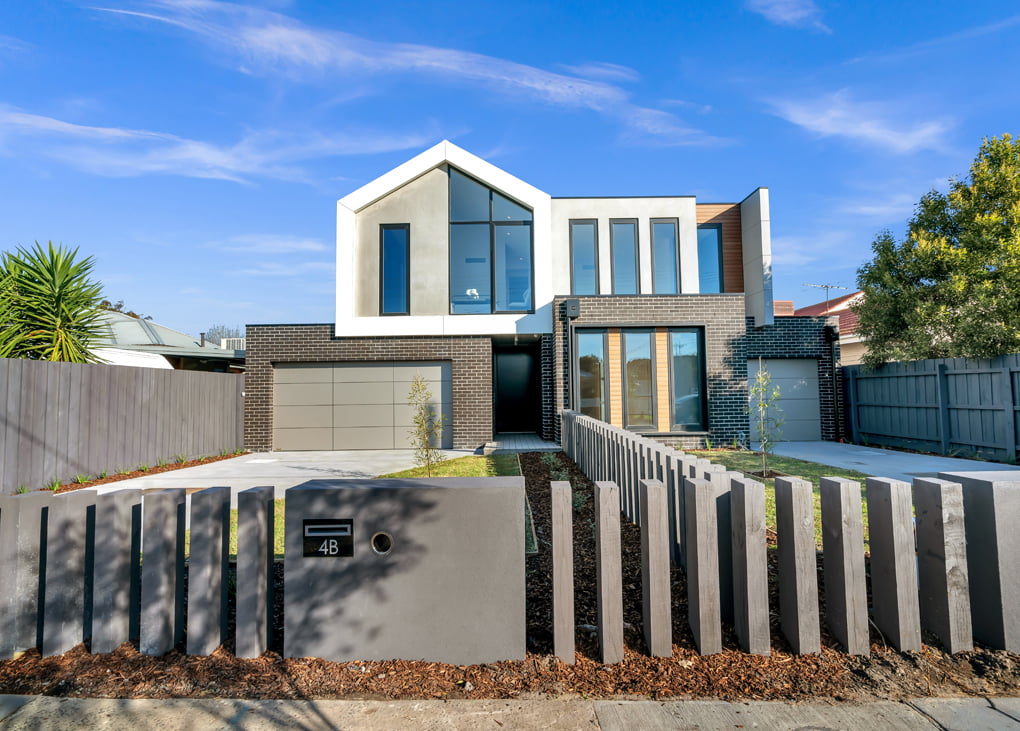Industry bodies are keeping up the call for higher energy efficiency standards in the National Construction Code 2022.
Although the NCC 2022 is due to come into effect in September, there has still been no clear signal about whether one of the key changes will be included: the raising of minimum energy efficiency standards for new buildings and major renovations from 6 to 7 NatHERS stars.
An NCC 2022 preview was released last week, but it did not include energy efficiency and condensation management provisions. These are expected to be previewed in August.
As state, territory and federal building ministers prepare to meet in July to discuss these changes, pressure is building to commit to higher standards.
“Australian home energy efficiency currently lags behind international best practice and it rates among the world’s worst performing developed countries, according to the International Energy Efficiency Scorecard,” says Climateworks.
“This means Australians are missing out on safer, more comfortable homes made possible through better insulation and more efficient heating and cooling. As heatwaves and climate-related risks to households become more frequent and severe, failure to upgrade the NCC means risking living in buildings that can’t adequately protect our health.
“Importantly, upgrading the NCC now offers a significant hip pocket benefit too, because it will reduce cost of living for households. For example, Hobart households would save up to $3,050 a year in heating and cooling costs, while in Brisbane, households could save more than $1,600 each year. In total, Australian household energy bills savings add up to more than $20 billion between now and 2050. Implementing these changes urgently will be key: delaying implementation could cost Australians up to $3 billion in bills and network costs in the next three years, as well as the future unnecessary cost of retrofits.”
The potential savings of more efficient homes have also been highlighted by the Climate Council’s report, Tents to Castles: Building energy efficient, cost saving Aussie homes. The report found that living in a 7 star, all-electric house in any capital city in Australia would save occupants on average $450 per year on heating and cooling costs compared to the current building standard of 6 stars.
Climate Council modelling also found that a 7 star all-electric home achieves a 25 per cent reduction in emissions compared to the current minimum standard of a 6 star all-electric home.
As well as recommending a lift to minimum energy efficiency standards in the NCC, the report calls for other measures, including mandatory energy efficiency disclosure at point-of-sale, minimum energy efficiency standards for rental properties, and phasing out gas from all new housing developments by 2025.
 Mark Vender
Mark Vender


Leave a Reply